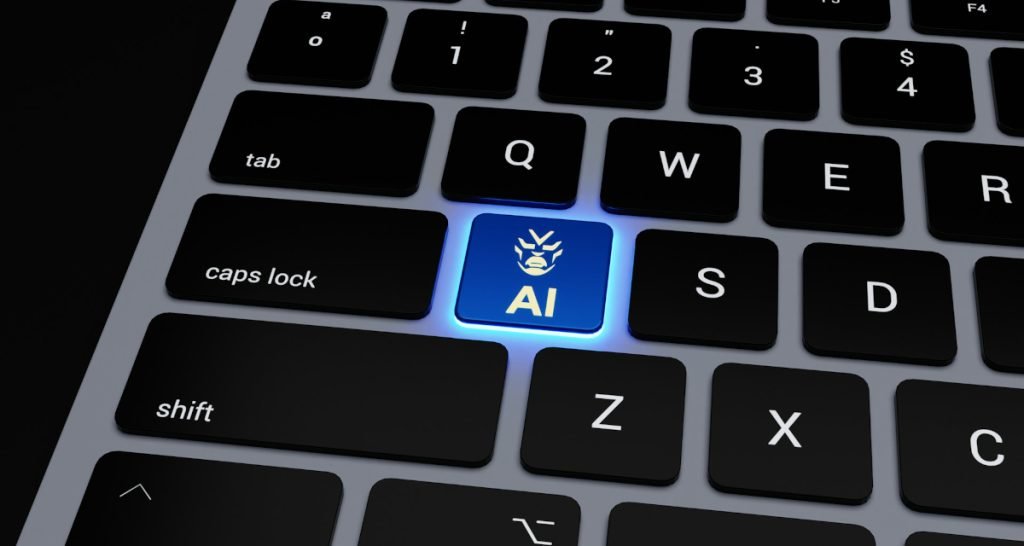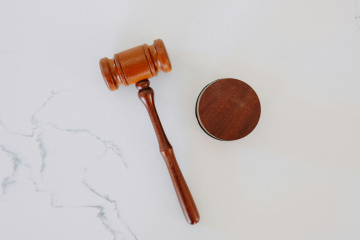
Suno and Udio Challenge RIAA Lawsuits, Defend AI Training as Fair Use
AI music creation platforms Suno and Udio have responded to copyright infringement lawsuits filed by major record labels, defending their use of copyrighted materials for AI training.

Glowing AI key on keyboard
Key arguments from Suno and Udio's defense:
- Fair Use Claims:
- Training process uses only basic "building blocks of music"
- Copying protected works for backend technological processes is legal
- No direct copying of recordings in AI outputs
- Soundalike Defense:
- Copyright law permits outputs that resemble existing works without direct copying
- Multiple versions of songs exist, making it impossible to prove specific recording usage
- Musical styles cannot be copyrighted
- Training Process Admission:
- Both companies acknowledged using major labels' recordings for AI training
- Argue this practice is lawful under copyright law
- Maintain that output creation follows fair use doctrine
The RIAA responded by:
- Highlighting the companies' admission of using copyrighted materials
- Arguing against fair use claims
- Stating competitors have successfully obtained proper licensing
Legal Implications:
- Cases center on AI companies' right to train on copyrighted materials
- Outcomes could set precedents for AI music generation
- Dispute reflects broader tension between traditional music industry and AI innovation
The cases (Udio in New York federal court, Suno in Massachusetts) remain ongoing, with potential implications for the future of AI-generated music and copyright law.

Gavel in courtroom

Digital brain with circuit patterns

Digital brain with circuit patterns